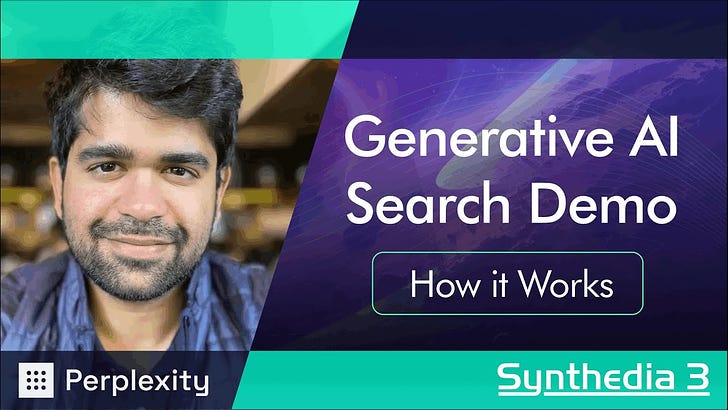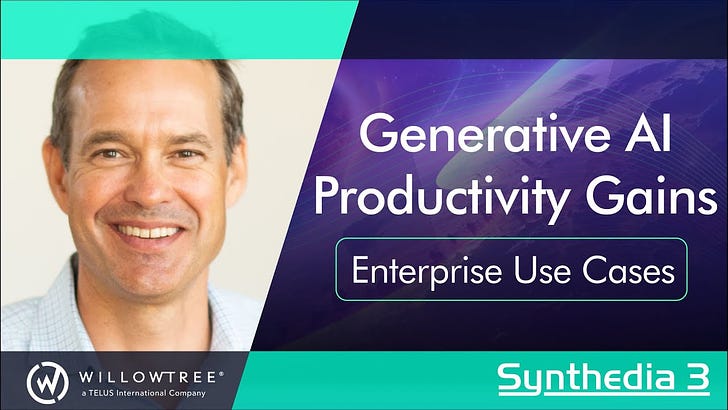Generative AI in Healthcare Demo and a Roadmap for the Patient Journey from Orbita
Orbita co-founder Bill Rogers breaks down the key benefits and challenges
Healthcare represents over 11% of the global GDP and is approaching 20% of GDP in the U.S. This is a market segment that is also notoriously called out for inefficiency and urgently needs solutions to drive higher productivity as well as improved patient care. Generative AI promises to raise productivity across a number of industries, and healthcare could be one of the biggest beneficiaries.
Bill Rogers, co-founder and chairman of Oribta, presents a roadmap for how generative AI is transforming the patient journey in healthcare. That includes being more responsive to patient inquiries through digital channels, assisting care providers and call center agents in providing better service, and improving post-procedure care.
Generative AI in Healthcare
Rogers presented a breakdown of key inefficiencies in healthcare and provided a demo of generative AI solutions at the recent Synthedia Generative AI Innovation Showcase conference. He started with a tangible example:
“What’s the problem? The problem is if you went to a provider healthcare website today, you would be presented with three different types of search bars—a search bar that’s global, a search bar for location, a search bar that’s for finding a doctor. The challenge is, depending on what you type in, you are not likely to get the results and get navigated to care the way that you should. … So, we’ve built a generative AI pipeline…that extracts entities and actually directs care to the user as well as educates the patient.
“You can imagine if somebody comes to the search bar and they type in something that is not a location, not a provider, but they type in something like, “When are visiting hours?
“Here is where we are using generative AI to build the generative AI answer box. If you go to any healthcare website…if you ask this question, “When are visiting hours,” 15 of 20 would fail. That’s because they are based on keyword search, and they are not based on cognitive search…The advantage that generative AI has is that it understands the meaning of what someone is asking and then finds the content that is relevant to them.”
Rogers also discussed the importance of validating information provided to patients and care providers when using generative AI.
Many people have told me that they predict healthcare will be among the laggard industries in generative AI adoption. The reason they cite is the high degree of importance of information accuracy in healthcare services. That is a logical argument. However, there are many elements of the patient care cycle where generative AI can make an impact today.
Rogers lays out the case where generative AI benefits can be captured and how you can validate answers to ensure an appropriate level of accuracy in production.
Let me know what you think.




